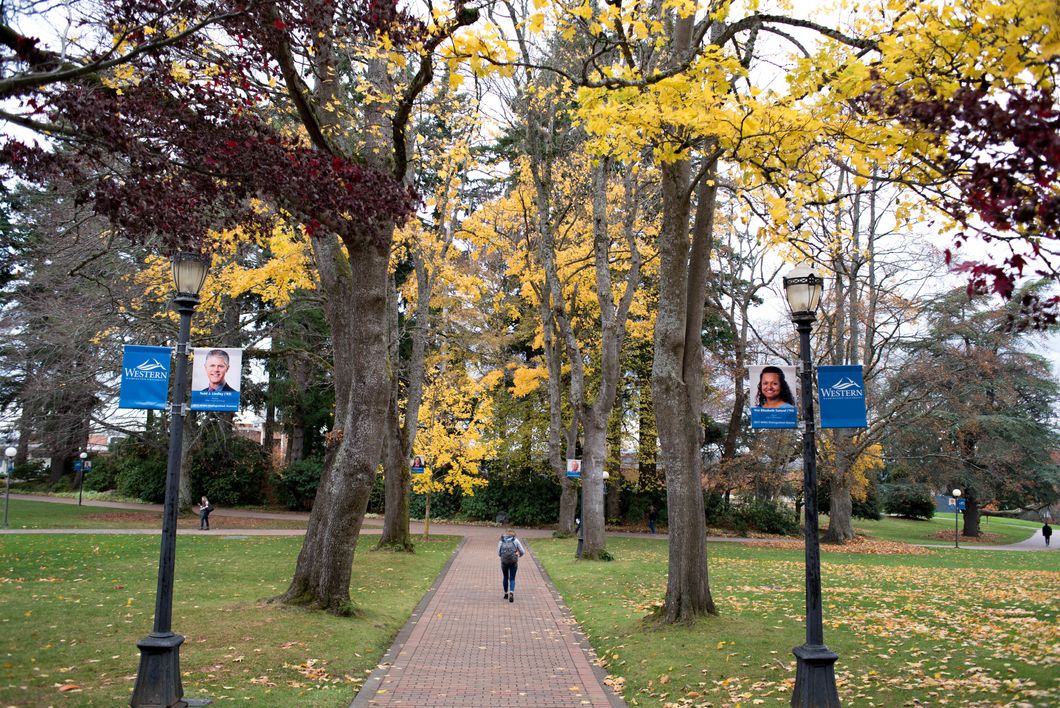Western Washington University uses an alert system called "Western Alerts" to inform students about threatening or harmful acts happening on and near campus. Western sends these alerts via email and text to all students, faculty, and staff members.
These acts range from sexual assault to wind advisory reports. For me and other students I have spoken with, find that the main issue with the alerts this academic year has been the inconsistency. On March 19, 2018, a "Western Alert" was sent out stating, "Police just became aware that authorities are investigating a threat made this morning on social media to 'shoot up' a school. The threat was apparently directed toward a high school in Michigan that has 'Western' in its name."
Even though this alert is prevalent, to a certain extent, in the WWU community, the Western alert system could be used more efficiently and effectively. For example, this past week was the move-out week for students living on campus. There were many students who stored their belongings in their vehicles which lead to a higher rate of vehicle break-ins. My vehicle was one out of many that were broken into last week. To ensure higher standards of safety on campus there could have been a Western alert notifying students that there were vehicle break-ins on campus. An alert could have prevented future break-ins or merely made students think twice about leaving their belongings in their vehicle in plain sight.
Emily Porter, a student at WWU, said:
"The Western alert system is far too relaxed for issues which should be voiced. Such as sexual assault, or general unsafe environment on the Western campus, specifically in the dorms. There have been cases in which the Western alert system should have notified students but failed to do so. It's their job to inform students about dangerous predators surrounding Bellingham and Western yet they only tell us about lewd conduct. However, they fail to notify us about a student on campus in her dorm who was raped."
In addition to inconsistency, students have issues with the lack of updates about the alerts. Once an alert is sent out there is nearly never an update on the issue. This leaves students scared, afraid, and paranoid. Haley Tuckner, a student at WWU, stated:
"The alerts are great, it's nice to know what is happening on campus, but we never know what is done about them if anything is done at all. I think my overall thing is that it's great to send out an alert but the university should let us know what they're doing to make us safer or feel safer."
Western can improve this inconsistency by giving updates on issues and providing more Western alerts that influence students.






















